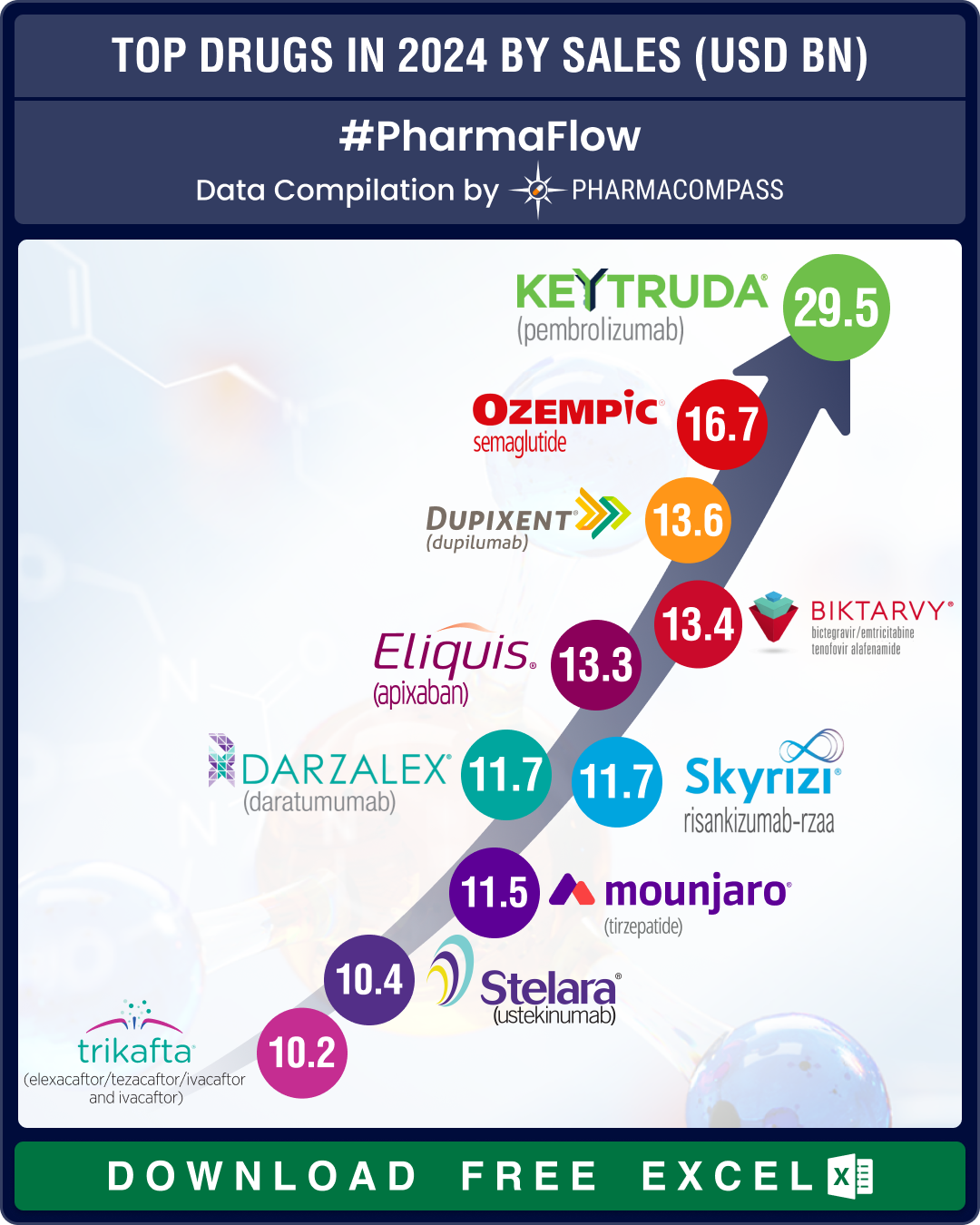
Last fortnight, Japan dominated the pharmaceutical deal making scenario, giving us the much needed respite from compliance-related news coming from the United States week after week.
In November-end, Israel’s Teva Pharmaceutical – the world’s largest generic drug maker – established an “unprecedented partnership in Japan” with Japan’s largest pharmaceutical company, Takeda.
Teva will have a 51 percent stake in the new company, while Takeda will have 49 percent.
Japan is the third largest pharmaceutical market in the world and one of the fastest growing generic markets. Through this partnership, Teva will bring its portfolio of generic drugs to Japan.
Japan government’s increased focus on generics
With 25 percent of its population over the age of 65 years, and with one of the highest life expectancy in the world of 81.24 years, Japan is an ageing country. As a result, medical costs in Japan were 40 trillion Yen (of US $ 325 billion) in fiscal 2013 alone.
The Japanese government has been promoting the use of generics to offset the high price of branded drugs in an effort to sustain the rising cost of its universal healthcare system.
The government aims to increase the ratio of generics usage based on volume from the current 50 percent to over 70 percent by mid-2017, and to over 80 percent by March 2021.
To achieve this target, the Japanese government plans to price generic drugs at 50 percent of brand-name drugs from April 2016, down from the current 60 percent, in order to encourage wider use of cheaper drugs.
Japan’s generic usage at 50 percent is a far cry from that of the United States’, which is the world’s largest pharmaceutical market with a generic usage of almost 85 percent.
Several others also eyeing the Japanese generic market
Teva isn’t the only one interested in Japan. Last year, GlaxoSmithKline bought stake in the Japanese subsidiary of Aspen Pharmacare Holdings in order to boost its commercial operations in the country. Glaxo got a 25 percent stake in the Japanese subsidiary of Aspen in return for transferring distribution rights to some products in Japan.
When Aspen launched operations earlier this year, Aspen Japan set a sales targets of around 6 billion yen (US $ 48.2 million) in the first year based on the sales of only five generics. Aspen received permission to sell these generics in Japan from GlaxoSmithKline and US-based Merck.
India’s Lupin, which is the only Indian pharma company to have a presence in the Japanese generic market and has made two buyouts in Japan – Tokyo-based I’rom Pharmaceutical in 2011 and Kyowa Pharmaceutical Industry in 2007, earns around 12 percent of its annual revenue from Japan. Last year, Lupin announced plans to build a manufacturing unit in India that would focus only on the Japanese market.
More recently, there has been talk of India’s leading generic manufacturer Sun Pharmaceuticals considering to buy out the brand drug portfolio of scandal plagued Novartis in Japan.
Japan has been a tough market to crack
Building a business in Japan has proved to be a difficult task, even for Teva. Although it made its first foray into the country through a joint venture with Kowa in 2008, followed by a buy-out of Taiyo Pharmaceutical in 2011 (in a deal valuing Japan’s third-largest generics maker at the time at about US $ 1 billion), the financial reports for the past few years show an ongoing decline in Teva’s revenue.
While fluctuations in the exchange rate have affected Teva's revenues in Japan, in 2014, Teva's Japan revenue fell 10 percent in comparison with 2013 (3 percent in local currency). In 2015, Teva reported a steep drop each quarter in revenue in Japan.
Teva isn’t the only one that’s seen its Japanese dreams crash. Since the 1950s, domestic firms and multinational corporations (MNCs) across sectors have come together with big schemes and high hopes to pursue joint ventures, co-promotions and other deals. But most alliances have ended in disappointment, with returns to one or both partners falling below expectations.
Mistrust for generics and drug lag in Japan
Indian drug makers and leading global generic drug producers have several concerns about the Japanese market. Kewal Handa, former managing director of Pfizer Limited (the Indian unit of the America’s largest drug maker) has been quoted as saying: “It’s difficult to get higher launch prices unless the drug is innovative and cost effective. The margins are coming down and prices don’t rule high. The Japanese pharma industry has been self-sufficient with many domestic companies and they prefer their local companies over global companies”.
In addition, there is mistrust for generics amid the older generation of Japanese physicians, pharmacists and patients. This mistrust stems not only from a cultural preference for familiar, local products but also from concerns that generic medicines may not undergo the same efficacy and safety tests as innovator products.
There are also concerns about the reliability and stability of generic supplies as manufacturers in Japan have frequently withdrawn older products from the market in response to reduced sales and lower reimbursement fees.
Moreover, Japan also poses a drug lag for pharma companies. Depending on category, there is a 5-to-10-year delay between approval of a drug in Europe or the US and approval in Japan. For instance, Teva’s blockbuster Copaxone (glatiramer acetate), which is already facing generic competition in the United States, has only recently been approved in Japan. Takeda is, once again, Teva’s partner to help commercialize this multi-billion-dollar drug in Japan.
Our view
Japan is changing; and this policy change brought about by the government may actually change the power dynamics among foreign and Japanese drug makers. The recent decision at 234-year old Takeda to appoint a Frenchman as the first non-Japanese to lead the company may be a sign of how things are evolving in Japan.
Are you interested in knowing more about the Japanese pharmaceutical market? Read a detailed Credit Suisse report on the sector or check out the Orange Book in Japan to see products that interest you and your company.
The PharmaCompass Newsletter – Sign Up, Stay Ahead
Feedback, help us to improve. Click here
Image Credit : Aikido Impact by HoangP is licensed under CC BY 2.0
“ The article is based on the information available in public and which the author believes to be true. The author is not disseminating any information, which the author believes or knows, is confidential or in conflict with the privacy of any person. The views expressed or information supplied through this article is mere opinion and observation of the author. The author does not intend to defame, insult or, cause loss or damage to anyone, in any manner, through this article.”






